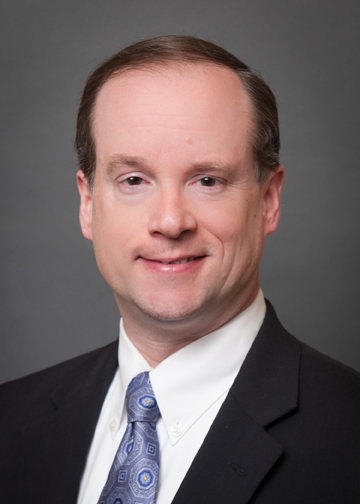Regardless of the ultimate outcome of the governor’s race, North Carolina will continue its role as one of the nation’s leading practitioners of conservative reform and innovation.
I’m not suggesting that the identity of the governor is irrelevant. Far from it. Over the past four years, Pat McCrory has put some issues on the agenda that the Republican-controlled General Assembly might not otherwise have prioritized. On other matters, McCrory and the legislature agreed about a goal but differed on the means. In these cases, the policy that emerged bore the imprint of each.
Over the next few years, a Gov. McCrory would likely relate to state lawmakers in a similar way. If Roy Cooper is governor, the relationship would obviously be more adversarial. But when it comes to enacting public policy, North Carolina’s legislature has always been the dominant branch of government. That will continue, particularly since the Republicans maintained their veto-proof majorities in both chambers in the 2016 election.
What does it mean for the 2017 session and beyond? On most issues, I don’t foresee a significant change in direction. On some, I foresee another round of significant accomplishments.
On the state budget, for example, the General Assembly will maintain a conservative approach. Expenditures will continue to grow at a modest pace, thus putting a lid on the overall size of government while hedging against a recession or other risks. Over the first four months of the 2016-17 fiscal year, General Fund revenues are slightly higher than projected while expenditures are pretty much on track. Thanks to its fiscal discipline, North Carolina also has nearly $1.6 billion in its rainy-day account and some $400 million in Medicaid reserves.
In the coming weeks and months, you can expect lawmakers to fund disaster relief in hurricane-ravaged counties in the east and fire-ravaged counties in the west. You can expect more money for teacher salaries, including higher pay for higher performance and hard-to-staff positions, as well as for pressing needs in areas such as the justice system. But don’t expect massive new programs or a reversal of North Carolina’s tax reforms and reductions, even if Cooper is governor.
On education policy, conservatives will now have another ally: incoming State Superintendent of Public Instruction Mark Johnson. A former teacher and Republican school-board member, Johnson supports parental choice and other recent education reforms, while advocating changes in North Carolina’s testing and accountability system that many GOP lawmakers also favor.
Regardless of who sits in the governor’s mansion, you can expect the General Assembly to enact more reforms of the regulatory process. For example, there is bipartisan interest in changing occupational licensing to make it easier for North Carolinians to change careers or start their own businesses. Lawmakers will likely take another look at subjecting costly new rules to more legislative oversight, including floor votes. And given that a new Republican administration will be staffing federal regulatory agencies and, eventually, the federal judiciary, you can expect Republican legislators in Raleigh and other state capitals to think creatively about lightening the regulatory burden to increase private-sector jobs and incomes.
Although their rhetoric does not always match their records, Republicans generally favor devolving responsibilities from Washington. If the Trump administration and Congress practice what they preach on federalism, states and localities will have far more policy room to maneuver than they had under President Obama.
It couldn’t come at a more opportune time for conservatives. Across the nation, they enjoy more influence in state and local government than they have since the 1920s. Here in North Carolina, they will continue to be the dominant players in crafting public policy.
That’s different from saying they are the only players, however. Every conservative reform has its opponents, some ideological and some simply looking out for organized interest groups. North Carolina is a state of conflicting opinions and complex challenges. Conservative leaders should always be willing to listen and learn, even as they continue to advance their core principles, including economic freedom and personal responsibility.
John Hood is chairman of the John Locke Foundation and appears on the talk show “NC SPIN.” You can follow him @JohnHoodNC.


